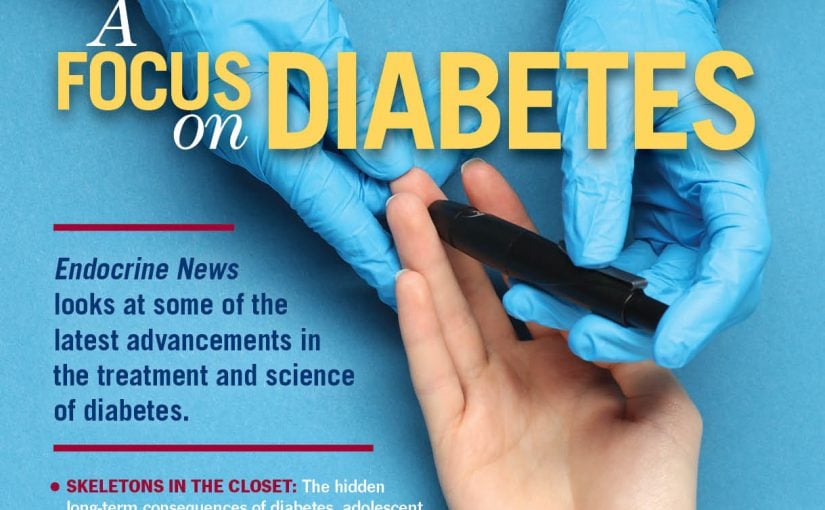Anti-science rule threatens to harm transgender and gender-diverse minors; sets dangerous precedent for all health care decisions
The Endocrine Society rebukes the Florida Board of Medicine’s decision to ban gender-affirming care for transgender and gender-diverse teenagers.
We call on the Florida Board of Medicine to reverse the ban and allow physicians to provide evidence-based care and protect the lives of minors.
The Florida ban is blatantly discriminatory and contradicts medical evidence followed by the Endocrine Society, the American Academy of Pediatrics, the American Medical Association, the American Psychological Association, the Pediatric Endocrine Society, and other mainstream medical organizations.
When an individual’s gender identity is not respected and they cannot access medical care, it can result in higher psychological problem scores and can raise the person’s risk of committing suicide or other acts of self-harm. Research has found denying access to puberty-delaying medication and/or hormone therapy raises the risk of suicidal ideation and self-harm.
When an individual’s gender identity is not respected and they cannot access medical care, it can result in higher psychological problem scores and can raise the person’s risk of committing suicide or other acts of self-harm.
According to the Endocrine Society’s globally recognized evidence-based Clinical Practice Guidelines, only reversible treatments to delay puberty are recommended for adolescents. Puberty-delaying medication is safe, reversible, and the conservative approach that gives teenagers and their families more time to explore their options. The same treatment has been used for decades to treat precocious puberty.
Teenagers who continue to demonstrate gender incongruence and who demonstrate the ability to provide informed consent can be offered gender-affirming hormone therapy, which is partially reversible. The Florida Medicaid ban prevents teenagers from accessing these important treatment options.
Medical evidence, not politics, should inform treatment decisions. The Endocrine Society submitted comments earlier this year during the abbreviated public comment period on the Board’s guidance on “treating gender dysphoria for children and adolescents,” yet the Florida Board of Health opted to rely on controversial research that is not recognized by the mainstream medical community in crafting its ban on gender-affirming care. Consequently, the state blocked transgender residents from receiving gender-affirming care through Medicaid coverage.
The move by the Florida Board of Health to ban gender-affirming care based on a political agenda rather than on science sets a dangerous precedent for all healthcare decisions.
Twenty states have proposed legislation to limit access to care during the 2022 legislative session, according to Freedom for All Americans. The Endocrine Society is alarmed that misinformation about medical care recommended for transgender and gender-diverse adolescents is fueling efforts to limit access to gender-affirming care.
The move by the Florida Board of Health to ban gender-affirming care based on a political agenda rather than on science sets a dangerous precedent for all healthcare decisions.

